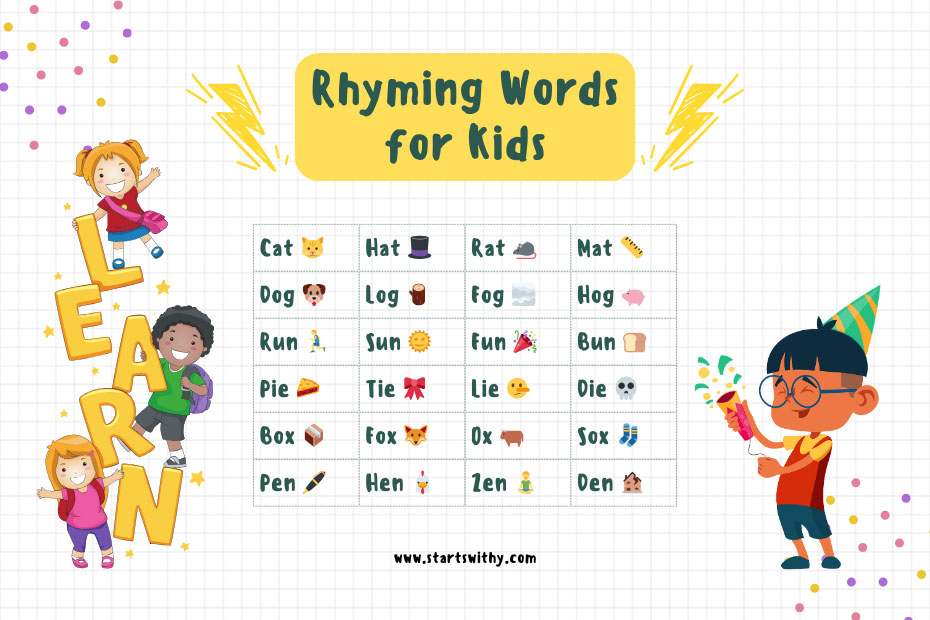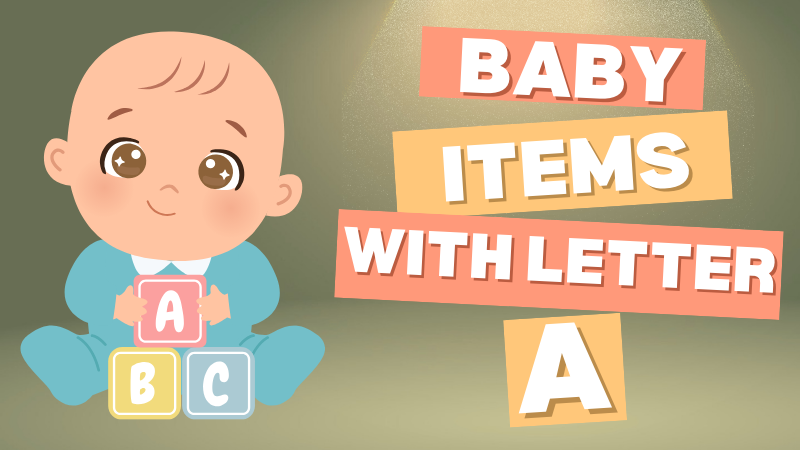Hey there! Are you ready to dive into the world of rhyming words? Well, you’ve come to the right place! In this article, I’ll be sharing some exciting and fun rhyming words that are perfect for kids. Rhyming words not only make language learning enjoyable, but they also help children develop their phonemic awareness and improve their vocabulary. So, whether you’re a parent, a teacher, or just someone who wants to have some rhyming fun, keep reading to discover a treasure trove of rhyming words that will make learning an absolute blast for the little ones!
What are Rhyming Words?
Definition of Rhyming Words
Rhyming words are words that have similar sounds at the end. They share the same vowel and consonant sounds, creating a harmonious and musical effect. When two or more words rhyme, they have matching endings or syllables.
For example, “cat” and “hat” rhyme because they both end in the “-at” sound. Similarly, “mop” and “top” rhyme because they both end in the “-op” sound. Rhyming words can be one-syllable or multiple-syllable words.
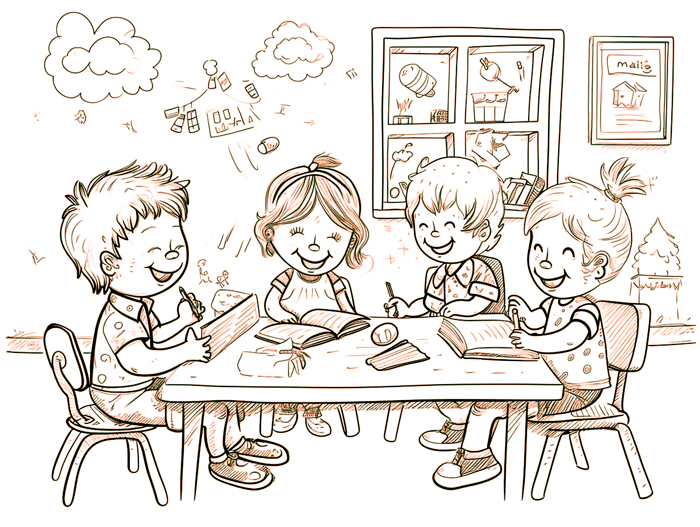
List of Rhyming Words for Kids in English
| Education | Population | Situation | Association | Administration | Communication | |||||
| Drop | Crop | Chop | Mop | Shop | Stop | Slope | Top | Swap | ||
| Boat | Coat | Float | Wrote | Note | Promote | Remote | Throat | Denote | Devote | |
| Air | Chair | Hair | Care | Share | Fair | Rare | Chair | Repair | ||
| Hot | Not | Cot | Got | Lot | Caught | Shot | Spot | Bought | Plot | Forgot |
| Add | Glad | Sad | Mad | Lad | Dad | Bad | Had | |||
| Cool | School | Rule | Tool | Pool | Fool | |||||
| Gun | One | Done | Sun | Son | Won | Fun | ||||
| Kind | Behind | Find | Mind | Designed | Blind | |||||
| Burn | Learn | Stern | Earn | Concern | Turn | Return | ||||
| Class | Mass | Gas | Pass | Glass | Grass | Brass | Surpass | |||
| Hour | Power | Tower | Flower | Flour | Shower | Our | Devour | |||
| Build | Filled | Killed | Skilled | Guild | Thrilled | Chilled | Fulfilled | |||
| Last | Past | Cast | Vast | Contrast | Blast | |||||
| Ball | Small | Call | Fall | Tall | Mall | Wall | ||||
| Gate | State | Great | Rate | Weight | Date | Eight | Straight | Plate | ||
| Boy | Joy | Toy | Enjoy | Destroy | Employ | |||||
| Hear | Cheer | Clear | Dear | Career | Severe | Ear | Adhere | Beer | Fear | Near |
| Gift | Shift | Lift | Drift | Skit | Thrift | |||||
| Hole | Mole | Stole | Control | Whole | Roll | Soul | Goal | Toll | Poll | |
| Hammer | Grammar | Glamour | Stammer | Armour | Banner | |||||
| Father | Honour | Scholar | Proper | Dollar | Brother | Taller | ||||
| Invent | Percent | Spent | Extent | Represent | Rent | Prevent | Scent | |||
| Day | Way | Say | May | Stay | Ray | Bay | Clay | Decay | ||
| Lock | Stock | Walk | Block | Rock | Shock | Clock | Chalk | |||
| Bore | Four | Roar | For | More | Score | Door | Explore | |||
| Age | Stage | Wage | Engage | Sage | Cage | |||||
| Game | Same | Came | Name | Frame | Aim | Became | Shame | Lame | ||
| Die | By | High | Why | Try | Sky | Buy | Cry | Rely | Guy | |
| Chance | Advance | Glance | Finance | Enhance | France | Dance | Trance | |||
| Fox | Box | Ox | Stocks | Socks | Flocks | |||||
| Cat | Rat | Sat | Bat | Mat | Fat | Hat | Flat | Chat | ||
| Bell | Well | Cell | Tell | Spell | Swell | Sell | Fell | Hostel | Smell | Shell |
| Fault | Salt | Default | Vault | Assault | ||||||
| Car | Far | Star | Bar | Jar | Tar | |||||
| Cave | Gave | Save | Wave | Grave | Behave | Brave | Shave | Engrave | ||
| Best | Test | Nest | Chest | Protest | Request | Suggest | Arrest | Invest | ||
| Laugh | Half | Calf | Behalf | Staff | Graph | |||||
| Funny | Money | Honey | Sunny | Bunny | ||||||
| Future | Fewer | User | Newer | Humour | Cooper | Ruler | ||||
| Art | Part | Start | Apart | Chart | Heart | Cart | Depart | |||
| Child | Wild | Smiled | Mild | Styled | ||||||
| Face | Race | Maze | Gaze | Lays | Case | Place | Space | Trace | Replace | Ace |
| Draw | Law | Saw | Jaw | Awe | Flaw | Claw | Paw | |||
| Bed | Said | Read | Red | Led | Dead | Fed | Wed | Head | ||
| Effect | Project | Object | Direct | Respect | Select | Perfect | Reflect | Detect | ||
| Cook | Book | Took | Look | Hook | ||||||
| Each | Beach | Reach | Speech | Teach | ||||||
| Gold | Old | Told | Cold | Fold | Mould | Behold | Sold | Scold | ||
| About | Throughout | Drought | Without | Scout | Doubt | Sprout | ||||
| Force | Source | Across | Resource | Horse | Boss | |||||
| Right | Kite | Height | Bite | Might | ||||||
| Cut | Hut | Shut | But | What | ||||||
| Ask | Mask | Flask | Task | Bask | ||||||
| Bag | Flag | Tag | Swag | |||||||
| Across | Loss | Cross | Toss | |||||||
| God | Odd | Nod | Squad | |||||||
| Dirty | Thirty | Naughty | Thirsty | |||||||
| Jump | Pump | Dump | Stump | |||||||
| Above | Glove | Dove | Love | |||||||
| Owl | Growl | Foul | ||||||||
| Knife | Life | Wife | ||||||||
| Lady | Shady | |||||||||
| Baby | May be | |||||||||
Big List of Words for Preschool Fun!
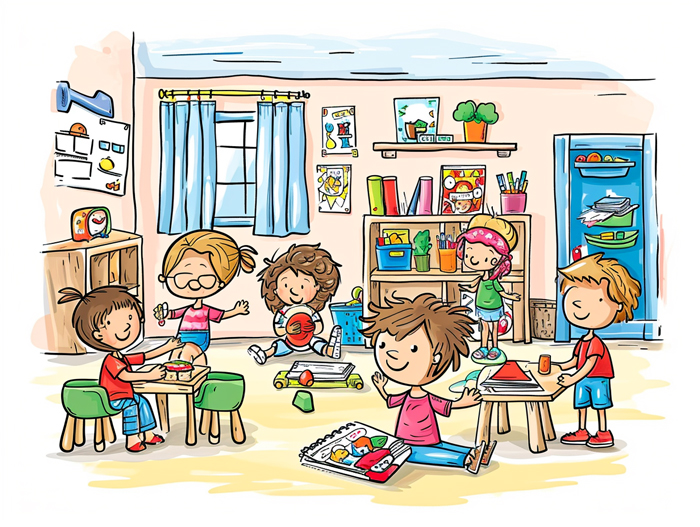
Short and Sweet:
- Cat – hat
- Dog – frog
- Sun – bun
- Car – star
- Tree – bee
- Ball – wall
- Toy – joy
- Duck – truck
- Mouse – house
- Fish – wish
Sing-Along Sounds:
- Cow – meow
- Sheep – sleep
- Rain – train
- Book – cook
- Bike – like
- Kite – right
- Swing – sing
- Slide – hide
- Boat – goat
- Coat – float
Double the Fun:
- Apple – grapple
- Bubble – trouble
- Banana – fanna
- Teddy – ready
- Butterfly – fly
- Cookie – spooky
- Picnic – quick
- Rocket – pocket
- Piggy – windy
- Sunny – funny
Silly Rhyming Pairs:
- Giggle – wiggle
- Bouncing – trouncing
- Tippy-toe – giddy-go
- Tickle – prickle
- Wobble – gobble
- Snuggle – puddle
- Splat – cat
- Waddle – paddle
- Honk – bonk
- Sniffle – snuffle
Bonus Challenge: Make silly sentences with your favorite rhymes!
Remember, rhyming is a playful way to build language skills and have fun with words! Encourage your little ones to explore, experiment, and create their own silly rhymes. Let the rhyming adventure begin!
And for an extra boost:
- Use rhyming books and songs to engage their ears and spark their imagination.
- Play rhyming games like “I Spy” with rhyming clues.
- Encourage clapping or stomping when they hear rhymes.
- Make funny faces when saying rhyming words to add silly energy.
Importance of Rhyming Words for Kids
Rhyming words play a crucial role in language development for children. They offer numerous benefits that aid in their learning journey. Some of the key importance of rhyming words for kids include:
- Phonemic Awareness: Rhyming words help children recognize and manipulate sounds in words. By identifying rhyming patterns, they develop phonemic awareness, which is the foundation for reading and spelling.
- Vocabulary Expansion: When children learn and practice rhyming words, they naturally expand their vocabulary. They are exposed to new words and their associated meanings, enhancing their language skills.
- Reading Fluency: Rhyming words improve the flow and rhythm of reading. They make the text more enjoyable and engaging, motivating children to read with fluency and expression.
- Memory Enhancement: Rhymes are easy to remember due to their repetitive and rhythmic nature. Learning rhyming words helps children develop their memory skills and enhances their ability to recall information.
- Creativity and Imagination: Rhyming words encourage creativity and imagination in children. They inspire them to explore different word sounds, create their own rhymes, and express themselves through language.
- Enjoyable Learning: Incorporating rhyming words into learning activities makes them enjoyable for children. Rhymes add an element of fun, making the learning process more engaging and effective.
Benefits of Rhyming Words for Kids
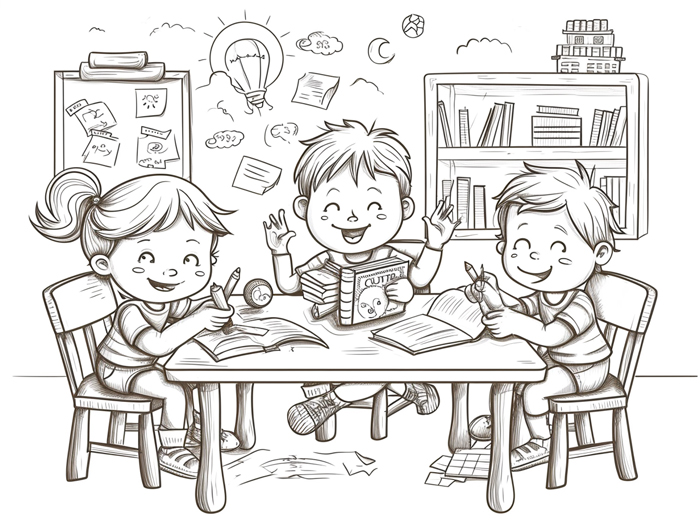
Enhances Vocabulary
Rhyming words play a vital role in enhancing vocabulary for kids. When children are exposed to rhymes, they learn new words effortlessly. Rhyming words help them remember words easily due to the pattern and rhythm. This exposure helps expand their vocabulary and allows them to effectively communicate their thoughts and ideas.
Develops Phonemic Awareness
Understanding the sounds of words is crucial for developing strong reading and language skills. Rhyming words help children develop phonemic awareness, which is the ability to identify and manipulate individual sounds in words. By recognizing and generating rhyming words, kids become more attuned to the sounds in language. This skill is a foundation for reading, writing, and spelling.
Improves Memorization Skills
Rhyming words are an excellent tool to improve memorization skills. The repetition and rhythm found in rhymes make it easier for children to remember words, phrases, and concepts. Singing or saying rhymes helps children encode information in their memory, making it more likely to stick. This enhanced memorization ability serves them well in various academic subjects and everyday life.
Research shows that the benefits of rhyming words for kids go beyond language development. Rhyming words also encourage creativity, imagination, and make learning enjoyable. By incorporating rhymes into daily activities and providing ample opportunities for rhyming, we can help children develop important skills that will have a lasting impact on their language development and overall academic success.
Techniques to Teach Rhyming Words to Kids
Reading Rhyming Books
When it comes to teaching rhyming words to kids, one of the most effective techniques is through reading rhyming books. Reading these books not only exposes children to a wide variety of rhyming words, but also helps them learn about rhythm and patterns in language. Here are a few tips on how to make the most out of reading rhyming books:
- Choose age-appropriate books: Select rhyming books that are suitable for your child’s age and reading level. Start with simple rhymes and gradually introduce more complex ones.
- Point out rhyming words: As you read the book together, highlight the rhyming words by pointing them out and emphasizing the sounds they make. This will help children become more aware of the rhymes.
- Encourage participation: Engage your child in the reading process by encouraging them to repeat the rhyming words or finish a rhyming phrase. This helps them actively participate and reinforces their understanding of rhyming words.
Singing Rhyming Songs
Another great way to teach children about rhyming words is through singing rhyming songs. Music has a way of capturing children’s attention and making learning fun. Here are some tips for incorporating rhyming songs into your teaching:
- Choose catchy songs: Look for songs that have catchy tunes and repetitive lyrics. This will make it easier for kids to remember the words and the rhyming patterns.
- Focus on rhyming words: Point out the rhyming words in the song and have your child repeat them. This helps reinforce their understanding of the concept and improves their phonemic awareness.
- Create your own rhymes: Encourage your child to create their own rhyming songs or verses. This sparks creativity and allows them to practice applying their knowledge of rhyming words.
Playing Rhyming Games
Playing rhyming games is not only a fun way to teach kids about rhyming words, but also provides them with interactive learning opportunities. Here are a few rhyming games you can play with your child:
- Rhyming word matching: Prepare a set of cards with pictures or words that rhyme, and ask your child to match the cards with the same rhyming sounds.
- Rhyme time scavenger hunt: Hide objects or pictures around the house that rhyme with certain words, and ask your child to find them. This game encourages them to think critically about rhyming words in a playful way.
- Rhyme relay race: Divide children into teams and give each team a word. The teams must race to find and bring back an object that rhymes with the given word. This game not only reinforces rhyming skills, but also promotes teamwork and competitiveness.
By incorporating these techniques into your teaching, you can help children develop a strong grasp of rhyming words while having fun at the same time. Remember to be patient and provide lots of encouragement as they explore the world of rhymes.
Popular Examples of Rhyming Words for Kids
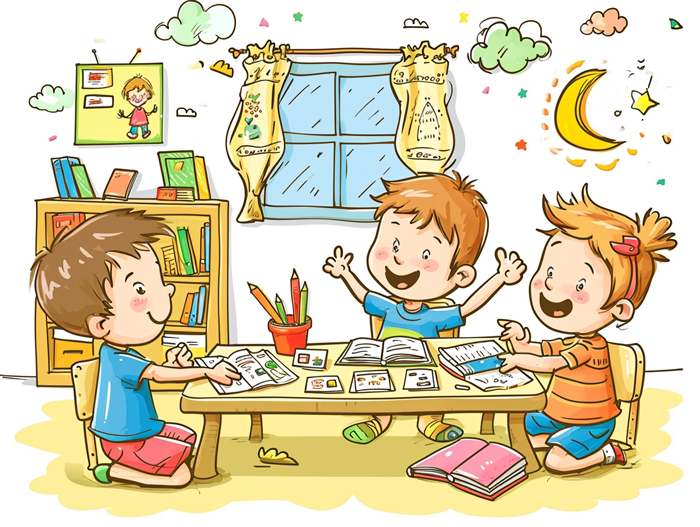
-at Family Words
The “-at” word family is a popular choice for teaching young children about rhyming words. These words have the same ending sound, which helps kids recognize patterns in language and develop their phonemic awareness skills. Here are some examples of rhyming words from the “-at” family:
- Cat
- Hat
- Mat
- Bat
By introducing these words to children, they can start to recognize the similarities in sound and identify other words that belong to the same family.
-an Family Words
Another fun and common word family to explore is the “-an” family. Words ending with “-an” sound offer plenty of rhyming possibilities. Here are some examples:
- Can
- Man
- Fan
- Plan
As children begin to understand the concept of rhyming words, they can create their own rhymes using these words or identify other words that rhyme with them.
-ot Family Words
The “-ot” family is a diverse group of rhyming words that kids can easily recognize and pronounce. Here are a few examples of rhyming words from the “-ot” family:
- Dot
- Hot
- Pot
- Spot
Understanding the similarities in sounds among these words can help children build their vocabulary and improve their reading skills.
Teaching kids about different word families and exposing them to a variety of rhyming words can be a fun and effective way to enhance their language development. By incorporating these examples into games, songs, or interactive activities, children can deepen their understanding of rhyming words while having a great time.
Conclusion
In this article, I have discussed the importance of teaching rhyming words to kids and how it can enhance their language development and reading skills. By introducing word families like the “-at,” “-an,” and “-ot” families, children can learn a variety of rhyming words and expand their vocabulary.
By incorporating rhyming words into games, songs, or interactive activities, learning becomes fun and engaging for kids. This not only helps them remember the words better but also encourages their creativity and imagination.
Rhyming words are an essential part of early childhood education. They not only help kids develop phonemic awareness but also lay the foundation for strong reading and writing skills in the future.
So, whether you’re a parent, teacher, or caregiver, remember to make rhyming words a regular part of your child’s learning journey. With the right tools and resources, you can help them build a solid foundation in language and literacy that will benefit them throughout their lives.
